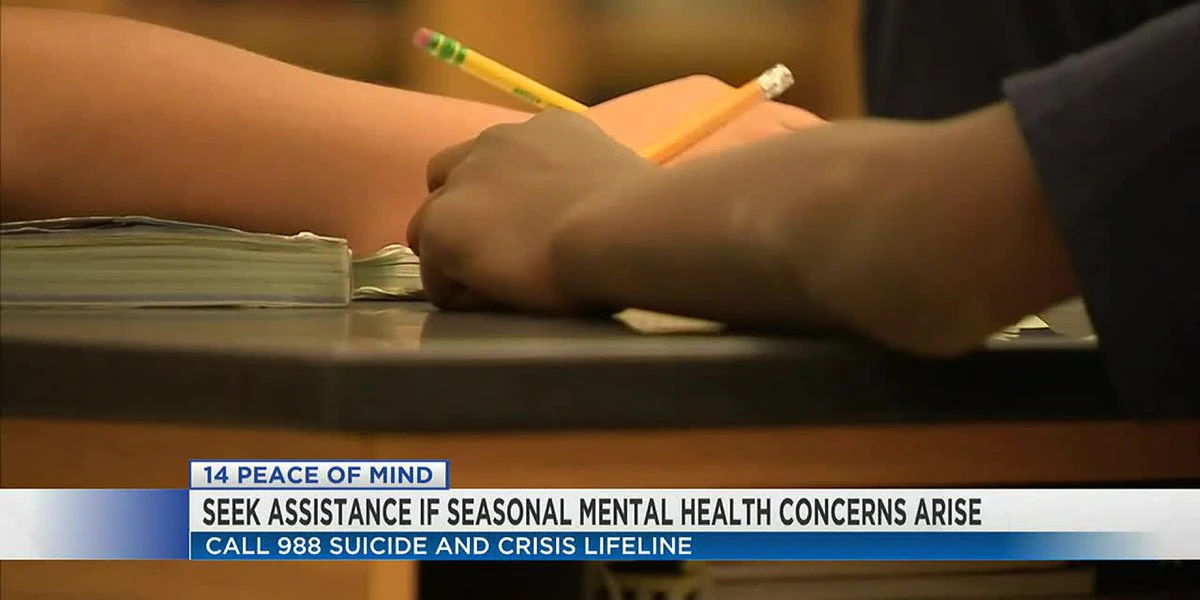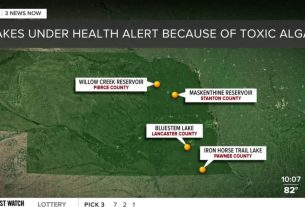[ad_1]
EVANSVILLE, Ind. (WFIE) – The seasons are changing, and mental health professionals say you could see changes in your mood also.
According to the Archives of General Psychiatry, 50% of all mental illnesses begin by age 14, and 75% of them begin by an individual’s mid-20s.
“Mental health care is a very unique and individualized journey,” University of Southwest Indiana Academic Outreach Coordinator Kerseclia Terry-Patterson said.
She is a certified mental health instructor for youth and adults through the National Council for Mental Well-Being.
During the fall and winter months, Seasonal Affective Disorder, also known as SAD, could show up in someone you know, including children.
According to the Mayo Clinic, SAD can lead to problems if not treated, including but not limited to social withdrawal, substance abuse and even suicidal thoughts or behaviors.
Terry-Patterson says one of the things she teaches in her mental health course is “what is typical behavior versus what could be a mental health concern.” She says parents and young adults should be aware of hormonal changes, social media influences, and other factors that could shift one’s overall mood.
Stephanie Hirons, the Director of Behavior Health Services for Ascension St. Vincent in Evansville, says there’s a huge spectrum of mental health similar to your physical health, and it can be experienced by anyone.
“You can be experiencing poor mental health without having a diagnosed mental illness,” Hirons said. “So we all have periods of time in our life where things just aren’t going well.”
Hirons says parents to create a safe space for communication with their children.
“A misconception that parents have is that, you know, I don’t want to ask questions about depression and suicide because I don’t want to put that idea in my child’s head,” Hirons said. “But the thing is talking about it openly about these concerns like that’s what encourages a child to reach out for help when they need help.”
Terry-Patterson says people that want to learn more about mental health care signs, symptoms, and resources should reach out to their primary care physician or a mental health specialist (i.e. family therapist, school counselor, etc.).
If you have questions about mental health, a free community forum and mental health fair are happening Saturday at the CK Newsome Center in Evansville from 10 a.m. to 3 p.m.
Click here to register for the mental health fair.
If you or someone you know are experiencing seasonal affective disorder or in need of other mental health care, contact the 988 Suicide and Crisis Lifeline or your physician.
Copyright 2022 WFIE. All rights reserved.
[ad_2]
Source link


